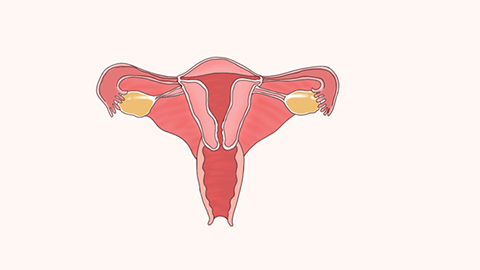How much does uterine prolapse surgery cost?
Generally, the principle of uterine prolapse surgery involves repairing supporting structures such as the pelvic floor muscles and ligaments, or using materials like mesh to reinforce support, thereby restoring the uterus to its normal position and alleviating associated symptoms. The general reference cost for uterine prolapse surgery ranges from 8,000 to 30,000 yuan per procedure, with noticeable recovery typically seen 1 to 3 months after surgery. However, the exact cost can be influenced by factors such as the type of surgery, surgical materials, preoperative examination items, postoperative care plans, and the urgency of the procedure. This surgery should be performed at a qualified medical facility. Detailed factors are as follows:
1. Type of Surgery
Different surgical techniques vary in complexity and invasiveness, resulting in differing reference prices. Laparoscopic minimally invasive surgery, which involves smaller incisions and faster recovery but requires advanced technical skill, has a reference price ranging from 15,000 to 30,000 yuan per procedure. Traditional open abdominal surgery, although more straightforward in approach but associated with greater trauma, has a reference price ranging from 8,000 to 18,000 yuan per procedure.
2. Surgical Materials
The type of materials used during surgery significantly affects costs. The use of imported medical mesh, which offers better biocompatibility and stability, may add 5,000 to 10,000 yuan to the cost, making the total surgery cost range from 13,000 to 30,000 yuan per procedure. Domestic mesh, which is relatively less expensive, may result in a total reference price ranging from 8,000 to 25,000 yuan per procedure.

3. Preoperative Examination Items
The number and type of preoperative tests can influence the overall cost. A comprehensive preoperative evaluation, including pelvic floor function assessment, imaging studies, and cardiopulmonary function testing, may cost 1,500 to 3,000 yuan, bringing the total cost to between 9,500 and 33,000 yuan per procedure. If only basic tests—such as complete blood count, urinalysis, and routine gynecological examination—are performed, the reference cost is approximately 500 to 1,500 yuan, with the total surgery cost ranging from 8,500 to 31,500 yuan per procedure.
4. Postoperative Care Plan
Differences in postoperative care plans can lead to variations in cost. High-quality care, including professional rehabilitation guidance, individualized nutritional support, and 24-hour nursing monitoring, may cost an additional 2,000 to 5,000 yuan, bringing the total surgery cost to between 10,000 and 35,000 yuan per procedure. Basic postoperative care, such as routine wound dressing changes and fundamental condition monitoring, may cost approximately 800 to 2,000 yuan, with the total surgery cost ranging from 8,800 to 32,000 yuan per procedure.
5. Urgency of Surgery
The urgency of the procedure can also affect the cost. Emergency surgery, required in cases of acute symptoms caused by uterine prolapse, may incur an additional charge of 3,000 to 8,000 yuan, bringing the total cost to between 11,000 and 38,000 yuan per procedure. Elective surgery, scheduled according to standard protocols, has a reference price ranging from 8,000 to 30,000 yuan per procedure.
In daily life, patients should rest adequately after surgery, avoid strenuous exercise and heavy physical labor, maintain good hygiene of the external genital area, follow medical advice regarding medication and follow-up visits, and consume a diet rich in protein and vitamins to promote recovery.







